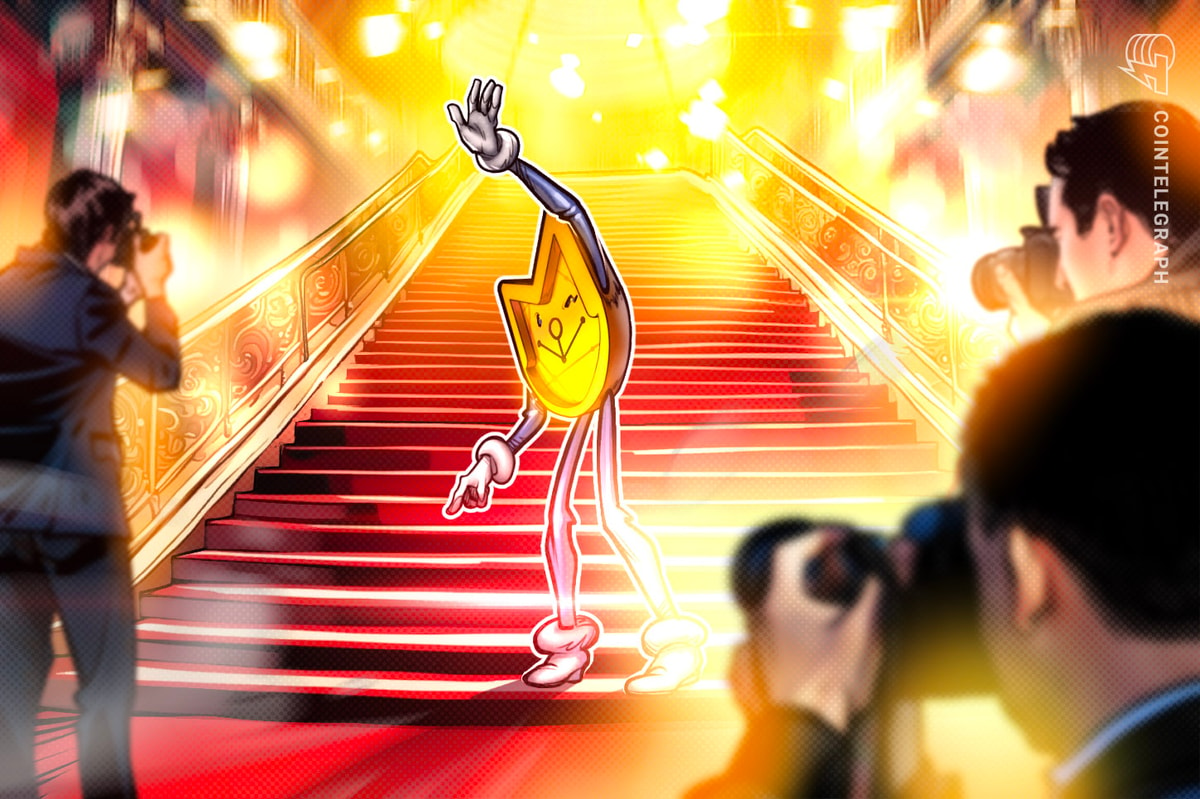The public sector is discovering the Metaverse’s potential. The Crown Prince of Dubai, Sheikh Hamdan bin Mohammed bin Rashid Al Maktoum, has announced Dubai’s Metaverse strategy. In a tweet, he attached the following infographic.

Fostering Innovation
In many ways, it’s not surprising that innovative governments like Dubai‘s are starting to consider the Metaverse. Dubai has a history of embracing innovation, having already attracted 1,000 companies in the blockchain and Metaverse space, which makes it more inclined to understand that building the necessary infrastructure and fostering a healthy ecosystem around this emerging industry can pay off well in terms of the city’s overall economy.
Citi released a report that estimated the Metaverse market’s size to be between $8 and $13 trillion — that means there are many companies and jobs that may exist in Dubai. Just as the Bay Area became the physical epicenter of the personal computer and the internet, Dubai’s leaders intend for it to become the internet’s next evolution center.
The strategy is meant to foster innovation in blockchain and Metaverse technologies, as well as set standards for investors and users. Dubai’s state news agency WAM also emphasized its mission to provide education for developers, creators, and users looking to transition into the Metaverse and Web3. This is critical to creating the experiences needed to draw users to (and enable them to use) new platforms.
Determining Regulations
Part of this mission also revolves around putting the right regulations in place to help in the creation and adoption of new technologies and services. Determining which regulations are right, however, has been one of the main debates, especially around cryptocurrencies and blockchain technologies. If there’s too little regulation, then investors are at harm — this was the argument made after LUNA’s crash in May. If there’s too much regulation, then the space can’t grow. This is what most crypto-enthusiasts believe is holding innovation back.
In March, Dubai established the Virtual Assets Regulatory Authority (VARA) and passed its first law dealing with such assets. The city has already granted licenses to many large crypto exchanges like Binance and the European subsidiary of FTX. Faced with increasingly restrictive regulation by other governments, exchanges and blockchain companies are strongly incentivized to set up shop in crypto-friendly locations like Dubai. Bybit has announced that it would soon open its global headquarters in Dubai. Other players in the space like Crypto.com said they would establish a presence in the city.
Incorporating Metaverse Tech for Smart Cities
Major companies based in Dubai are starting to incorporate the Metaverse and blockchain-based technologies into their businesses. Notable examples include airline company Emirates; business conglomerate Damac Group; fashion house Roberto Cavalli; and UAE health care firm Thumbay Group, who plan to release a “Metaverse hospital” in the fall where patients can consult doctors virtually.
Dubai’s Museum of the Future in September hosted the Dubai Metaverse Assembly, which saw more than 300 experts and 40 organizations come together to discuss the Metaverse and its opportunities. Hamdan bin Mohammed also recently announced the establishment of the Higher Committee for Future Technology and Digital Economy, which will play an integral part in Dubai’s mission to spearhead the Metaverse and Web3.
Dubai’s government has many options to integrate Metaverse technologies besides just fostering entrepreneurship and innovation. While the promise of “smart cities” has long remained only in the hype-based vocabulary of tech enthusiasts, the improvement of AR (augmented reality) hardware may finally allow us to move closer to intelligent cities. As AR technology improves, cities like Dubai can incorporate immersive experiences into public infrastructure. Facilities like bus stops and public bathrooms may be marked in a user’s field of view. The government may decide to build a low-resolution digital replica of the city and overlay storefronts, roads, and historic landmarks with important information or educational content that may explain the landmark’s history, for example.
In some ways, public sector officials, particularly city officials, can contribute more to the Metaverse than large corporations and national governments. There are many ways immersive technology and blockchain can deliver value to the public and through public infrastructure; they can help shape the regulation necessary for industries to grow. Projects can start small, like adding a QR code to a public art installation that leads to a mobile AR experience, or end up big, like switching the national monetary system from a fiat currency to a cryptocurrency.
Regardless, it’ll be interesting to see what the cities of the future will look like. Dubai is well on its way to achieving that vision.
Want to compete in the Metaverse? Subscribe to the My Metaverse Minute Channel:
Read More: accelerationeconomy.com










 Bitcoin
Bitcoin  Ethereum
Ethereum  Tether
Tether  XRP
XRP  Solana
Solana  USDC
USDC  Dogecoin
Dogecoin  Cardano
Cardano  TRON
TRON  Lido Staked Ether
Lido Staked Ether  Wrapped Bitcoin
Wrapped Bitcoin  LEO Token
LEO Token  Toncoin
Toncoin  Chainlink
Chainlink  USDS
USDS  Stellar
Stellar  Wrapped stETH
Wrapped stETH  Shiba Inu
Shiba Inu  Avalanche
Avalanche  Sui
Sui  Hedera
Hedera  Litecoin
Litecoin  MANTRA
MANTRA  Polkadot
Polkadot  Bitcoin Cash
Bitcoin Cash  Bitget Token
Bitget Token  Ethena USDe
Ethena USDe  Binance Bridged USDT (BNB Smart Chain)
Binance Bridged USDT (BNB Smart Chain)  WETH
WETH  Pi Network
Pi Network  Wrapped eETH
Wrapped eETH  WhiteBIT Coin
WhiteBIT Coin  Monero
Monero  Hyperliquid
Hyperliquid  Uniswap
Uniswap  OKB
OKB  Dai
Dai  sUSDS
sUSDS  Pepe
Pepe  Aptos
Aptos  NEAR Protocol
NEAR Protocol  Gate
Gate  Coinbase Wrapped BTC
Coinbase Wrapped BTC  Tokenize Xchange
Tokenize Xchange  Cronos
Cronos  Ondo
Ondo  Mantle
Mantle  Internet Computer
Internet Computer  Ethereum Classic
Ethereum Classic